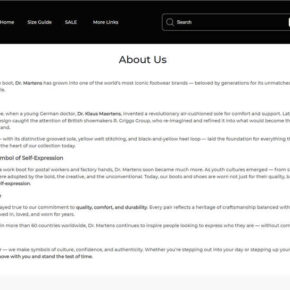If you have a phone number with the 361 area code, you may have received some suspicious calls lately. These calls are part of a scam that targets people in the Corpus Christi, Texas area and tries to trick them into giving up their personal or financial information.

What Is the 361 Area Code Scam and How Does It Work?
The 361 area code scam is a type of phone fraud that uses spoofed numbers to appear as if they are coming from local businesses or organizations. The scammers use different tactics to lure you into answering the call or calling back. Some of the common scenarios are:
- You get a recorded message that claims to be from Amazon or Apple and says there is a problem with your account, such as a suspicious purchase, a lost package, or a security breach. The message asks you to press 1 to speak with a customer support representative or to call a toll-free number.
- You get a missed call from a number that looks like it belongs to someone you know or a local business. When you call back, you are connected to an international number that charges you high fees for the call.
- You get a text message that claims to be from your bank, your utility company, or another service provider and says there is an urgent issue with your account. The message asks you to click on a link or call a number to verify your information.
These are all examples of phishing, which is a form of cybercrime that tries to trick you into revealing your personal or financial information, such as your passwords, account numbers, credit card details, or Social Security number. The scammers can then use this information to access your accounts, make fraudulent purchases, steal your identity, or sell your data to other criminals.
What To Do If You Have Fallen Victim to the 361 Area Code Scam
If you have answered a call or text message from the 361 area code scam, or if you have called back a number that you did not recognize, you may have exposed yourself to identity theft or financial loss. Here are some steps you can take to protect yourself:
- Hang up immediately if you receive a suspicious call or message. Do not press any buttons, follow any instructions, or provide any information.
- Do not call back any numbers that you do not recognize. Check the area code and the country code before dialing. If you are unsure about the origin of a number, you can look it up online using a reverse phone lookup service.
- Do not click on any links or open any attachments in unsolicited text messages. These may contain malware that can infect your device and steal your data.
- Contact the company or organization that the caller or sender claims to represent using a phone number or website that you know is legitimate. Verify if there is any issue with your account and report the scam attempt.
- Check your bank statements, credit card statements, and online accounts for any unauthorized transactions or activity. Report any fraud to your bank or credit card company as soon as possible.
- Change your passwords and PINs for your online accounts and devices. Use strong and unique passwords that are different for each account. Enable two-factor authentication if available.
- Monitor your credit reports for any signs of identity theft. You can get a free copy of your credit report from each of the three major credit bureaus once every 12 months at www.annualcreditreport.com. If you find any errors or suspicious accounts, dispute them with the credit bureau and place a fraud alert on your credit file.
- If you have installed any programs from these scammers, scan your device for malware with Malwarebytes Anti-Malware.
Conclusion
The 361 area code scam is one of many phone scams that target people across the country and try to steal their personal or financial information. To avoid falling victim to these scams, you need to be vigilant and cautious when answering calls or messages from unknown numbers. Remember: if something sounds too good to be true, it probably is; and if something sounds urgent or threatening, it is probably a scam.




